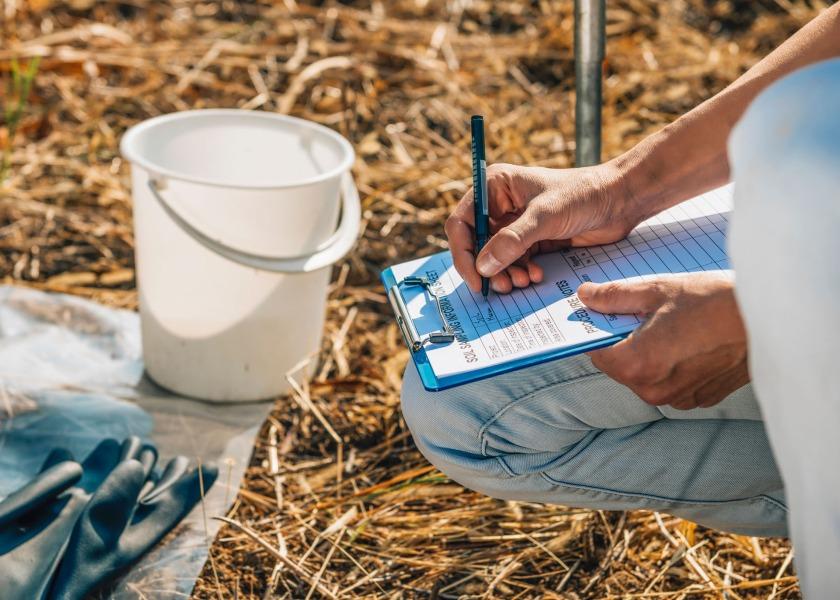USDA reports organic integrity investigations down by 25% in 2022

You’re only as strong as your weakest link, and meaningful product labeling is a salient example of this principle at work. Behind the instantly recognizable, glossy green USDA organic seal is an army of USDA workers, producers and inspectors ensuring that the organic label means something when customers see it on grocery store shelves.
Not only is the National Organic Program’s success built on a foundation of education and grower support — the carrot — but maintaining the integrity of the organic label also takes investigation and enforcement — the stick. To that end, the NOP just released its quarterly organic integrity and enforcement dashboard for 2022. The biggest takeaway is that new inquiries and investigations are down 25% percent from 2021.
“We continue to see nearly 60 percent of complaints come in about uncertified operations. Of the completed cases reported for the fiscal year ending in September, 82 percent found no violation, or the operation came into compliance with the regulations voluntarily or through a settlement agreement with the National Organic Program,” said a USDA NOP spokesperson.
Related news: Produce marketers weigh the value of certifications beyond organic
In total, the NOP received 850 complaints in 2021. The most common outcome of these was voluntary compliance or confirming that no violation was found. What’s more, 42% of filed complaints were resolved with education, and the remaining 58% of complaints were investigated or referred for further inquiry.
The investigations were largely resolved once farms or businesses fully complied with organic rules. This meant actions such as getting certified so that it can legally label a product as organic, correcting a noncompliance, or exiting the organic market, according to the NOP.
The organic integrity and enforcement dashboard provides a quick overview of enforcement activities in for the past 12 months of the fiscal year (Oct. 1, 2021, through Sept. 30, 2022). The NOP has grown significantly over the last two years through increased resources from Congress. As a result, the organization has expanded trainings compliance and enforcement.
Global enforcement of NOP standards
The NOP develops and enforces standards for all agricultural products labeled as organic in the United States. The NOP relies on the California State Organic Program and international trading partners with equivalency arrangements and agreements to investigate complaints against operations in their geographic area, including:
-
the European Union
-
Canada
-
Israel
-
Japan
-
Korea
-
New Zealand
-
Switzerland
-
Taiwan
-
the U.K.
“To protect organic suppliers, shippers and retailers from fraud, NOP and our federal enforcement partners increase scrutiny of those involved every time there is a spike in shipments of a high-value and high-volume commodity headed to the United States,” said the NOP spokesperson.
Organic seed compliance
Sourcing organic seed and planting stock is a key requirement of organic certification. The supply of organic seed is growing, but most organic growers still rely on non-organic seed for at least part of their operation when an equivalent, organically produced variety is not commercially available. The uneven supply of organic seed presents challenges to certifiers and inspectors in verifying compliance with the seed requirement, according to the NOP.
“This quarter, the program also highlighted an investigation of one seed company that led to the increased surveillance of 22 seed companies and resulted in four companies losing organic certifications and corrections being made at others,” the NOP spokesperson said.
About NOP enforcement
The quarterly organic integrity and enforcement dashboards were developed in February 2020 as a response from feedback from the organic community. These dashboards are the NOP's effort to answer enforcement questions, share trends in compliance and provide helpful context to understand trends.
Additional background on NOP enforcement activities and how quarterly reports show activity trends, view the most recent annual enforcement report to Congress.







